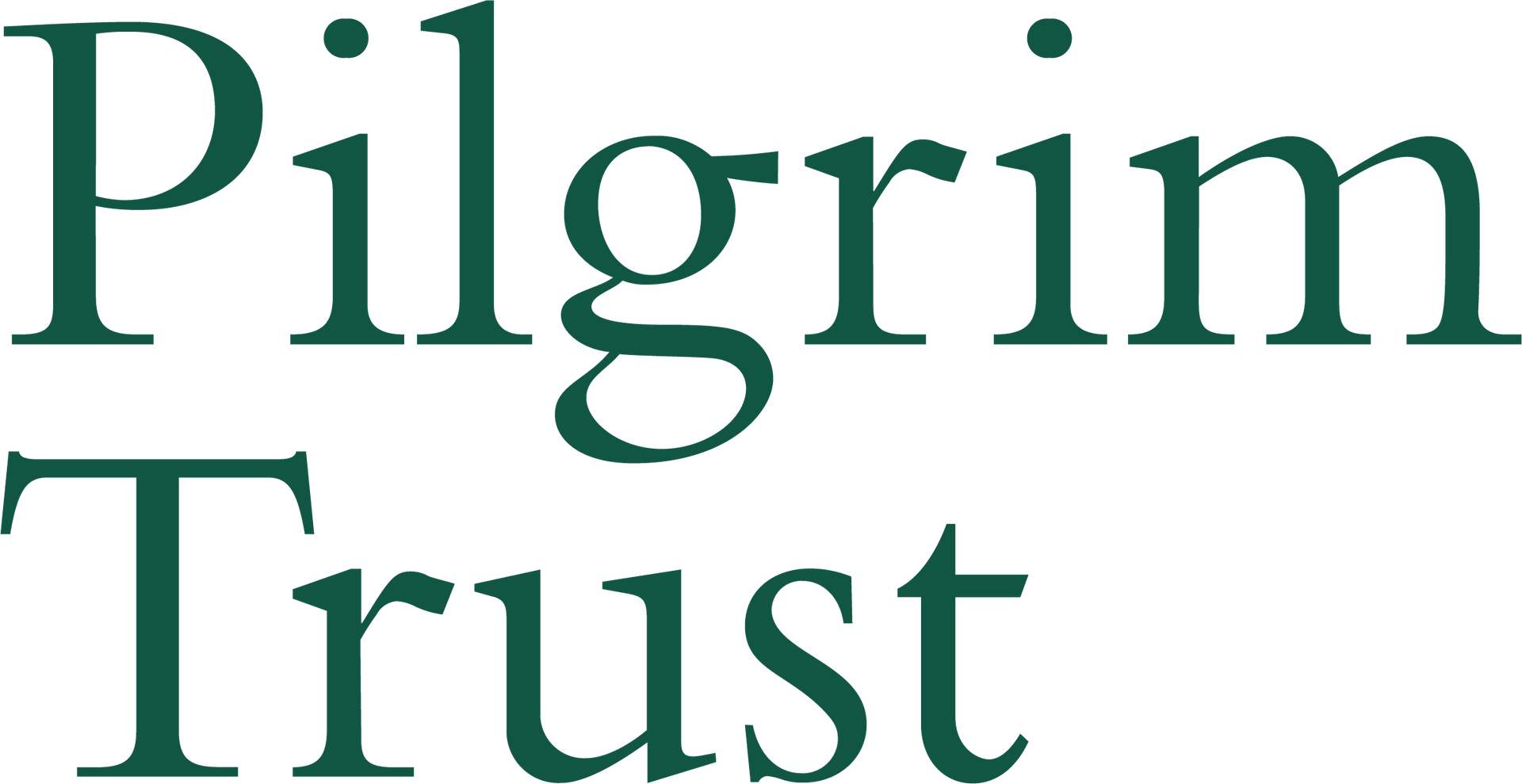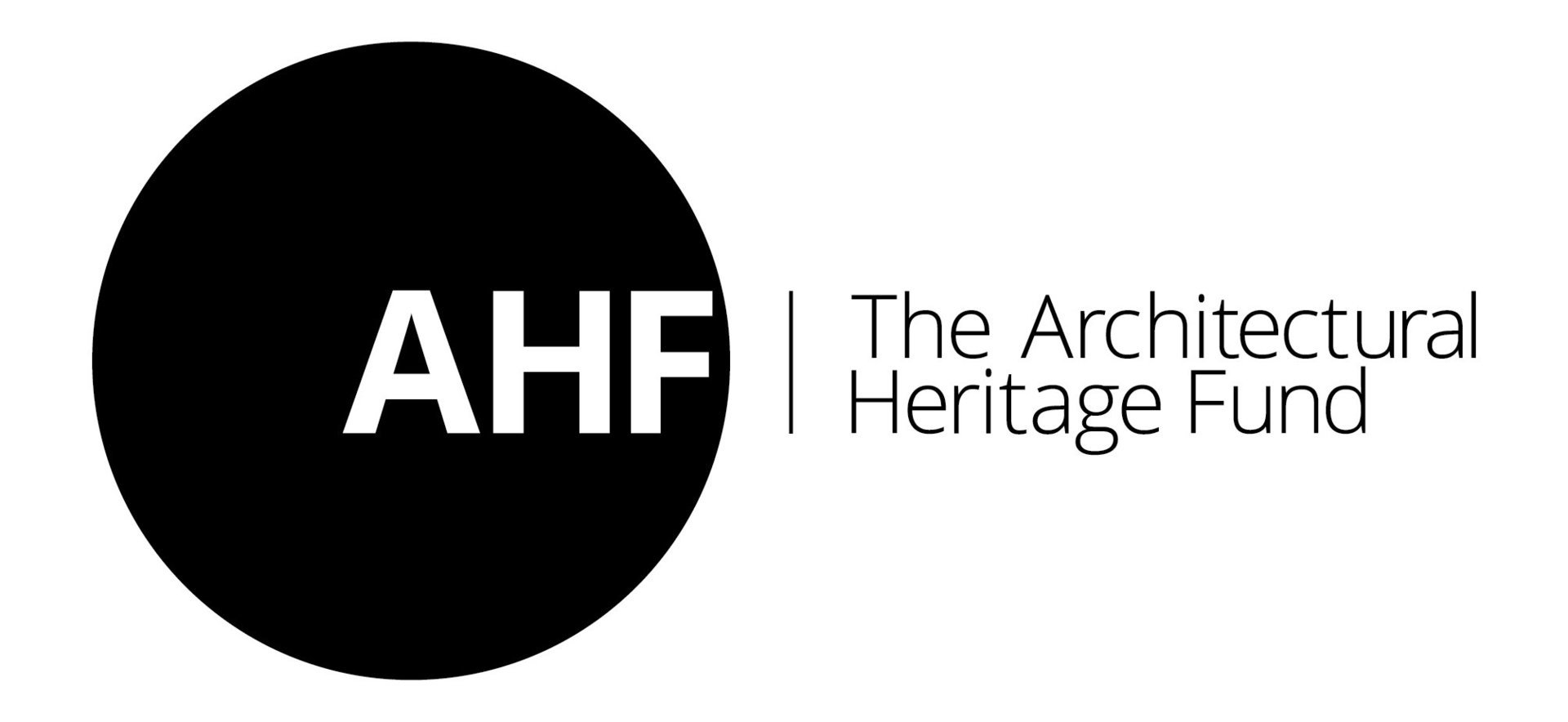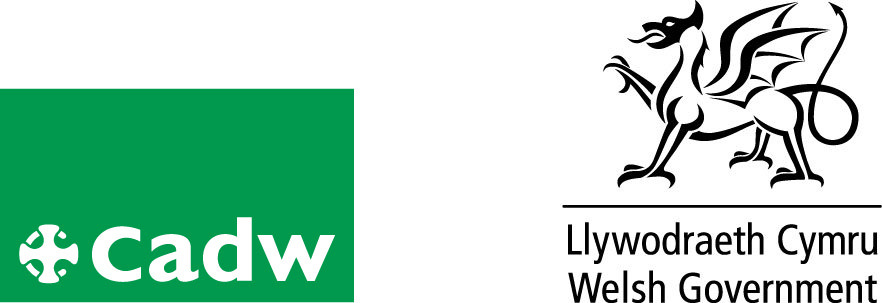After the alterations: an imagined visit by Richard Gunter
by Dr G M Wakley
Richard Gunter felt a little nervous, despite telling himself it was ridiculous, as he and his wife walked along Beili Lane between the Priory House of his father and the backs of the houses on Cross Street. They had come from his house in Monk Street following an invitation by his brother Thomas to inspect the alterations recently made to Thomas’ house on Cross Street. He was just a little uncertain of his older brother who could so easily start rebuking him for his accommodation of whatever religious observances were required currently. His brother’s adherence to the ‘Old Faith’ was vociferous and well known.
Entering through the gate in the garden wall they walked up the path to the new rear entrance. The house had been slightly extended into the garden and a new porch with an arch over the oak door greeted them at the end of the path. He noticed that the apple and pear trees looked as if they would have a good crop, but the fish pond in the corner looked a bit murky; perhaps the maintenance had been neglected during the building work. He could smell the pigs in their corner enclosure.
Thomas himself came to greet them at the porch and Richard was glad to see him in such good humour. After their cloaks were taken, Thomas showed them a door to the right as they came through the porch into the cross passage. Then a new door at the end of the extension opened onto a fine new oak staircase which wound up to the upper floor. This replaced the steep stair that had gone up at the side of the fireplace at that end of the house which Thomas said had been the cause of several accidents.
Richard thought that Thomas must have fallen himself, perhaps in drink at night, for him to expend all this money on an extension to make a staircase, but he merely expressed his admiration for the modern innovation. Just before the top of the stair, a window with a shutter either side was left open to give light to the upper treads.
At the top of the stairs another new doorway took them into the upper parlour of which Thomas was rightly proud. He had managed to employ a craftsman who could make plaster ceilings with moulded decorations. He pointed out how clever he had been to have pomegranates as part of the decoration as well as the cherubs, signifying to anyone in the know that here lived good Catholics. Richard feared for a moment that he was about to be subjected to another rant on the subject, but Thomas was in too good a mood and rushed them on and into the bedroom beyond, now redecorated and with a new bed with carved posts and hangings which they admired.
They returned down the fine spiral staircase and back into the cross passage, entering the hall-kitchen to the left. There Thomas’ wife was supervising the servants and Thomas urged her to show them the changes here. She showed them with great pride the new Welsh dresser that stood to one side of the kitchen. Here she could display her pewter on the upper shelves, carefully polished until it shone like silver. Under the shelves was a useful surface over a double cupboard. It was all beautifully carved and polished to a high sheen. She gestured to the old food chest on the opposite wall, saying that, although good for storage, it did not have the useful working level shelf.
Impatiently Thomas called Richard across the passageway and into the parlour, or what looked more like an office with an opened gate-leg table, piled high with papers, next to the window for the light coming in from Cross Street. A space for writing had been cleared at one end next to the quills, with a trimming knife and a pot of ink. Thomas sat in the chair, well-padded with cushions, next to the table. A stool stood at the other end in the good light next to the paper and quills, ready for Thomas’ clerk. Richard sat in the rather uncomfortable triangular seated chair near the door. Richard thought this is the chair for the clients of an attorney, not too comfortable, to stop them staying too long.
A servant brought them some ale in pewter tankards and Thomas lent forward confidingly, asking Richard what he thought of the most recent disputes between Parliament and the King.
Fortunately for Richard, he had to say little, as Thomas had his own opinions on the subject on which he held forth for some time, until Richard felt that he could reasonably plead other business and return to his own house.
As he and his wife walked back to their house on Monk Street, he mused aloud that he and his brothers were very fortunate that Robert Gunter, their father, had seen fit to give his sons land on which to build such fine houses. His wife remarked, rather drily, that none of it would have been possible without his grandfather profiting from buying the Priory lands after King Henry’s actions in closing down the religious houses. Perhaps his brother, Thomas, should consider that when complaining about the loss of the ‘Old Faith’. They walked on, laughing, joined together in relief after a successful visit to Thomas.
Footnote
Thanks to Anne Payne for editing suggestions.
Readers may like to look at the plans and the results of the Archaeological Survey 2018 to help them to make sense of the building. Photographs of the window at the top of stairs and the traces of the previous fireplace stairs are in this link too. I have imagined that the fine moulded ceiling and the oak stairs were added together at the same time as the porch extension. There is no evidence available to date them yet, but it seemed to me that the proud Thomas Gunter would have wanted people to be able to access his parlour with the fine ceiling up some excellent stairs and not make them negotiate steep and narrow fireplace stairs. The extension to the south was definitely added later.







